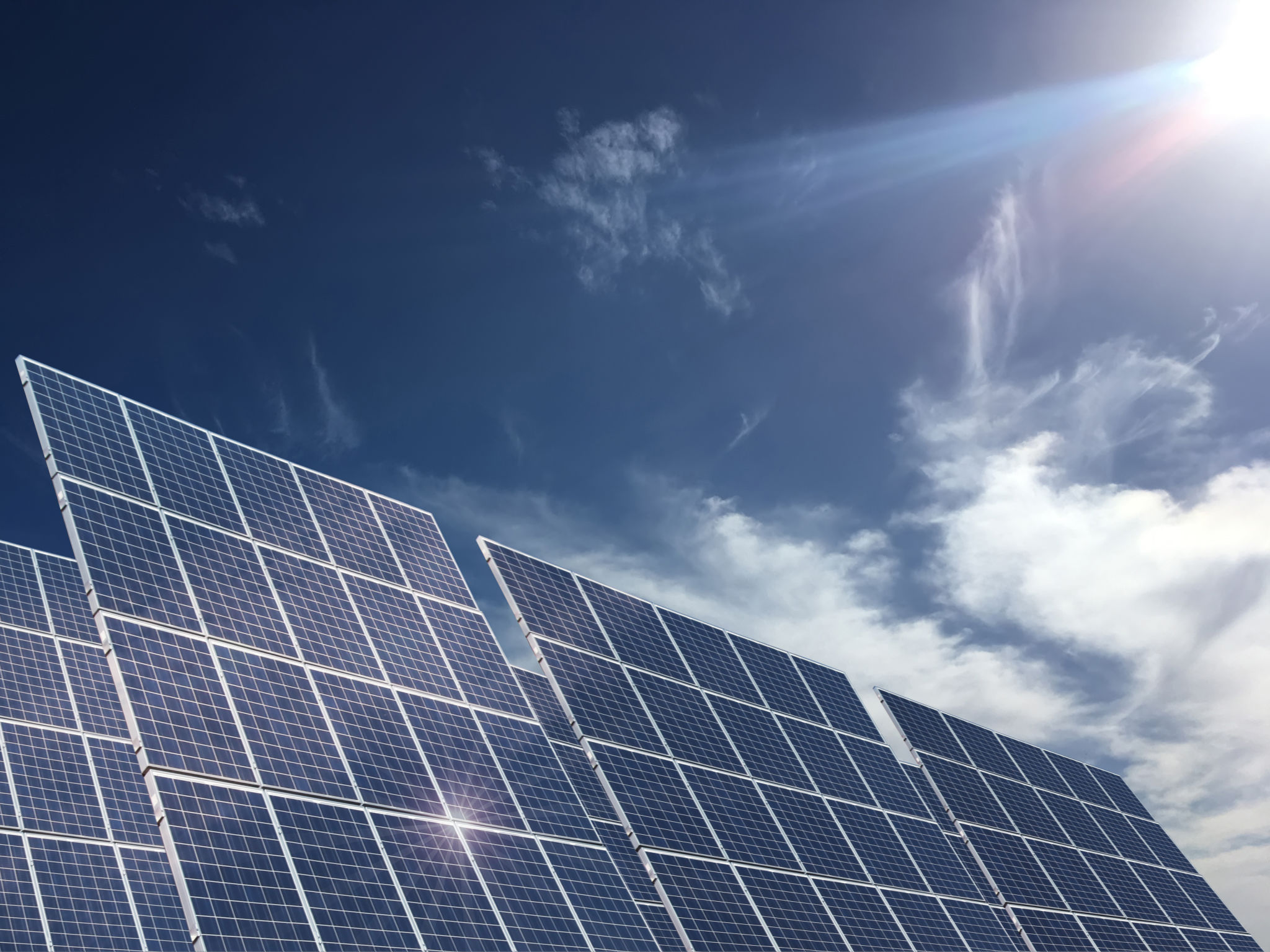Renewable Energy Myths: Separating Fact from Fiction
Understanding Renewable Energy
Renewable energy has become a popular topic as the world looks for sustainable solutions to reduce carbon emissions. However, with its rising popularity comes a multitude of myths and misconceptions. It's crucial to separate fact from fiction to make informed decisions about energy consumption and policies.

Myth 1: Renewable Energy is Too Expensive
One common myth is that renewable energy sources are prohibitively expensive. While it’s true that initial setup costs for technologies like solar panels or wind turbines can be high, the long-term savings often outweigh these upfront expenses. According to recent studies, the cost of solar and wind energy has decreased significantly over the past decade, making them competitive with traditional fossil fuels.
Myth 2: Renewable Energy Cannot Meet Global Energy Needs
Another prevalent misconception is that renewable energy cannot provide enough power to meet global demands. In reality, the potential of renewables is vast. For example, the sun provides more energy to Earth in an hour than the world consumes in a year. With advances in technology and infrastructure, renewables are increasingly capable of sustaining large-scale energy needs.

Environmental Impact of Renewable Energy
Some skeptics argue that renewable energy sources, such as wind and solar, have significant environmental impacts. While it's true that every energy source has some environmental footprint, renewables generally have a much lower impact compared to fossil fuels. The life-cycle emissions for renewables are considerably lower, reducing overall environmental damage.
Myth 3: Renewable Energy is Unreliable
The perception that renewable energy is unreliable stems from the natural variability of sources like solar and wind. However, advancements in energy storage technologies and smart grid infrastructure have greatly mitigated these issues. Batteries and other storage solutions now allow for the storage of excess energy, ensuring a consistent power supply even when the sun isn’t shining or the wind isn’t blowing.

Myth 4: Transitioning to Renewable Energy is Not Feasible
Some argue that transitioning to renewable energy is not feasible due to existing infrastructure and economic factors. However, many countries are making significant strides in this transition. Government incentives, tax breaks, and technological innovations are facilitating a smoother shift towards sustainable energy sources.
The Future of Renewable Energy
As we debunk these myths, it becomes clear that renewable energy is not only viable but essential for a sustainable future. The integration of renewables into national grids will require careful planning and investment, but the benefits of cleaner air, job creation in new industries, and reduced dependence on finite resources are worth the effort.
In conclusion, understanding the realities of renewable energy is crucial for individuals and policymakers alike. By separating fact from fiction, we can better support initiatives that promote cleaner, more sustainable energy solutions worldwide.
